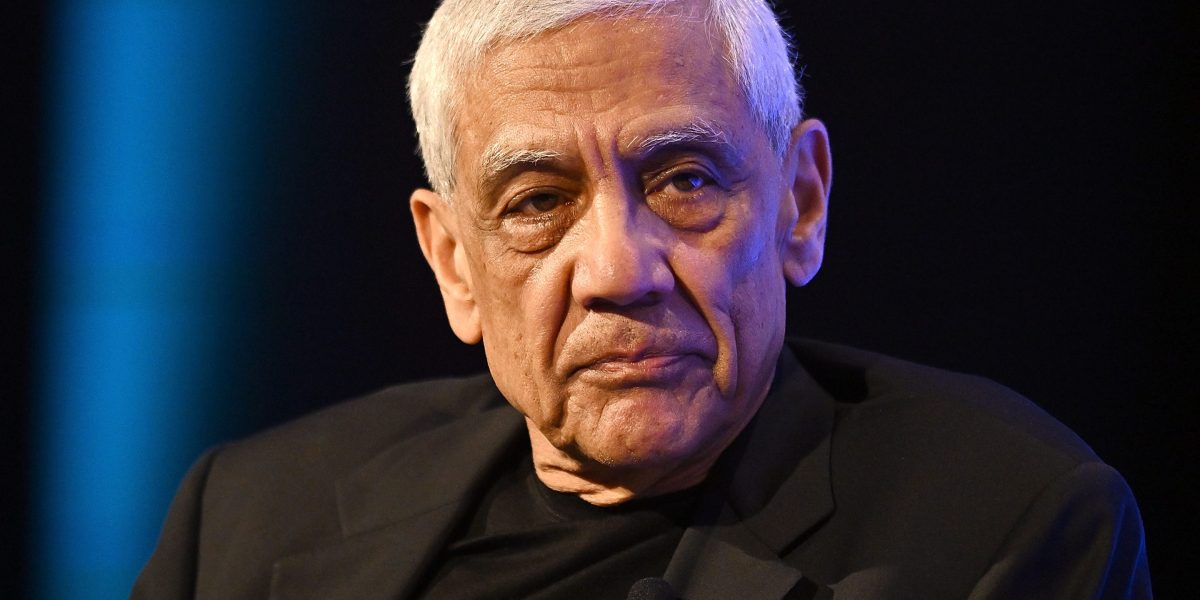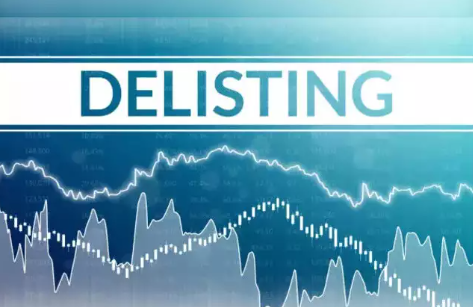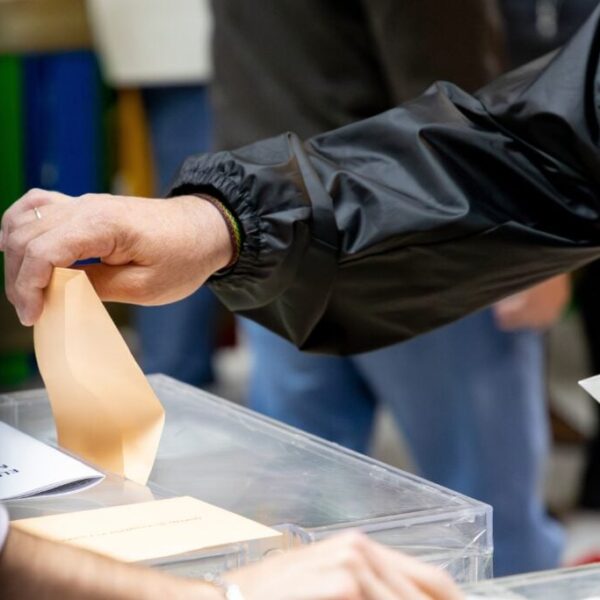

Yesterday, California Governor Gavin Newsom issued an executive order for the removal of homeless encampments throughout the golden state. The move came in the aftermath of a recent Supreme Court ruling allowing cities to not only ban people from sleeping in streets, but fine and arrest them. And it caught the attention of a particularly wealthy constituent.
In response to a post on X from Newsom, which read: “No more excuses. We’ve provided the time. We’ve provided the funds. Now it’s time for locals to do their job,” Silicon Valley billionaire and venture capitalist, Vinod Khosla, sort of agreed.
“Agree but if, and only if, we provide them an alternative location to sleep,” Khosla wrote. “We are rich enough as a society to afford this level of caring if the left ‘do gooders’ don’t create expensive ‘minimal standards’ that make this unaffordable. It should be better than a street tent, with a place to go to the bathroom and shower, transport to jobs so the homeless can get a job. If so cost of homelessness will decline. Mental health homeless folks should be treated separately/differently. Meritocracy is great as long as we take care of those who are temporarily or permanently disadvantaged in some way and cannot take care of themselves. The minimum level of care should be based on affordability by society and hence GDP growth.”
It’s not shocking to hear from the co-founder of Sun Microsystems because Khosla can be outspoken. Earlier this week, he and Elon Musk sparred on social media over presidential candidates; Khosla happens to be a democratic donor, while Musk has been very vocal in his support of a Donald Trump, J.D. Vance ticket. But, you might remember Kholsa is in the midst of a housing kerfuffle himself.
In 2008, Khosla purchased an extensive beachfront property in San Mateo for $32.5 million, and gated off a road to Martins Beach, pretty much closing it to the public. In the beginning of 2020, according to the California State Lands Commission, which along with other state agencies sued Khosla (through his LLC), he put up signs that read “No Trespassing” and even hired security guards.
Several lawsuits and years later, and an appeal the Supreme Court declined to consider, crescent-shaped Martins Beach seemed to be ready for the people again. But the battle wasn’t over, and it’s heading to trial. In a New York Times story published in 2018, titled: “Every Generation Gets the Beach Villain It Deserves,” Khosla said he wished he’d never bought the beach house but wouldn’t pull out the fight out of principle. A few months earlier, in a Medium post, Khosla denied free public access to Martins Beach existed, saying that it hasn’t been that way in close to a century; he also stressed that he was fighting back against government overreach.
“The dispute here is about private property rights and exercising those rights, it is not about billionaires or green investors which are loaded words used to sensationalize the reporting,” he wrote. “It is a matter of principals of property rights and appropriate state behavior.”
Khosla Ventures did not immediately respond to Fortune’s request for comment.
Where will California’s unhoused people go?
Nevertheless, it’s not clear where unhoused people will go following Newsom’s executive order, and there aren’t enough shelter beds. In a release, the governor’s office called for “state agencies and departments to adopt humane and dignified policies to urgently address encampments on state property, including by taking necessary and deliberate steps to notify and support the people inhabiting the encampment prior to removal.” On a single night in January last year, there were more than 180,000 people experiencing homelessness in California; the state accounted for almost half of all unsheltered people in the country.
It’s no secret why that is, although there are several factors at play, one clearly being sky high housing costs. California rents and home prices outpace national numbers by far; it is the epicenter of the country’s housing crisis. Decades of policy failure led to California’s crisis, fueled by unfettered local control, curbing development. Newsom’s office touts that it’s dedicated $24 billion to addressing the housing crisis and “helped lift more than 165,000 people out of homelessness and into interim or permanent housing.”
And it’s difficult to ignore the time Newsom’s executive order has come in. All eyes are on him in an election year, despite him putting his full-force behind President Joe Biden, and now Vice President Kamala Harris, who could be the democratic nominee, amid speculation he’s vying for the executive office. Not to mention, Los Angeles is set to host eight matches for the world cup two years from now, and it’ll also be the destination for the summer olympics four years from now. Just consider how San Francisco gave its streets a makeover ahead of Asia-Pacific Economic Cooperation last fall.














